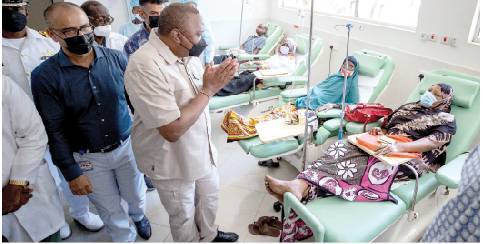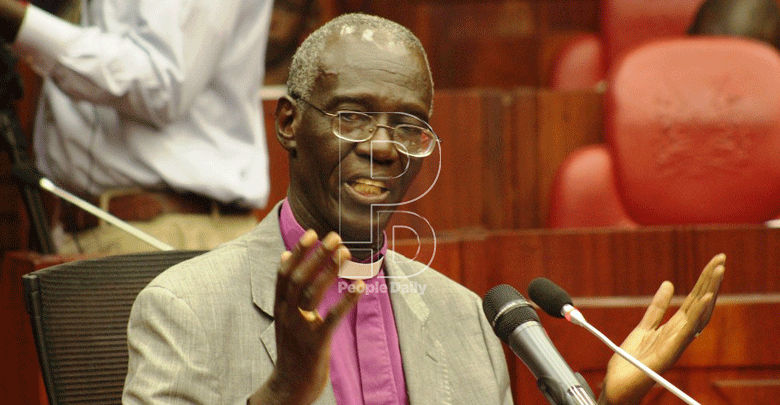NHIF faces more change towards universal health coverage gain

The government yesterday said it will change the structure of the National Health Insurance Fund (NHIF) scheme towards achieving universal health care.
President William Ruto said though there has been progress in enrolling more members, the challenge with NHIF is that it is more of an occupational scheme for salaried people in the public and private sectors.
Saying it is not a social insurance scheme as it ought to be, Ruto said the Government will change the contribution structure from an individual contributory scheme to a household model.
“Reforming NHIF is a necessary imperative. Progress has been made in enrolling more members. In the past 10 years, 12 million Kenyans have joined the fund,” said Ruto during the Mashujaa day celebrations.
“The challenge, however, is that the NHIF is an occupational scheme for salaried people on the payroll in the public and private sectors and not the social insurance scheme it ought to be. We shall change the contribution structure from an individual contributory scheme to a household contribution model,” he added.
Ruto noted that health is front and centre of socio-economic development and that failure of a healthcare system undermines prosperity.
According to the President, Kenyan families spend a total of Sh150 billion out-of-pocket expenditures on health services a year mobilised from various sources, including harambees, Whatsapp MPesa, loans, sale of land and other assets, to pay hospital bills for loved ones.
Similarly, he said that many small businesses fail when owners fall ill and cannot work, or divert money to pay medical expenses.
“It is no wonder, then, that it is commonly said that most families and individuals in Kenya are one illness away from poverty. 1 million Kenyans sink into poverty every year because of medical expenses,” he explained.
“We want to lift this punitive burden from the shoulders of Kenyans and their businesses through our universal health care plan,” Ruto added.
He said the plan is to revitalise primary healthcare by laying more emphasis on preventive and promotive strategies.
Many critical health illnesses, including cancer, heart complications, kidney failure and hypertension, he said, can be detected and addressed at this level without the need for a hospital.











